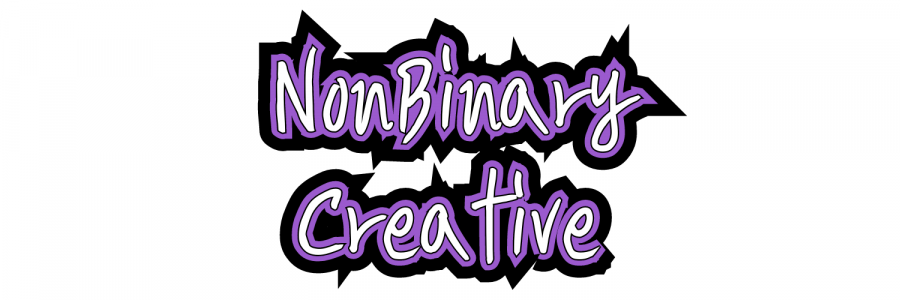The things you were taught, praised for, and ridiculed for as a kid/teen inform your behaviour as an adult.
This includes how you use your voice/communicate, and in my opinion unpacking these things is a vital part of trans voice training.
If you were praised or treated better when you spoke with a lower pitch, you may struggle to maintain a higher pitch now, & visa versa.
If you were taught that people may perceive you as a threat, you may subconsciously be limiting how much emotion you allow yourself to express both vocally & physically.
If you were always being told you’re too loud or too quiet, you may feel you only have one volume setting, or struggle with purposeful volume control.
If you were bullied for “sounding gay” you may find it hard to explore feminine vocal qualities, or the opposite if you were bullied for “sounding like a lesbian”.
If you were told you could damage your voice by doing certain things, you may find it hard to experiment, explore, and improvise with your voice.
Sometimes not being able to do a technical voice thing is because of a mental/emotional limit because of trauma, not a physical limit.
Learning vocal techniques can only get you so far. The emotional/mental work needs to be done alongside the technical, or before. Not after.

